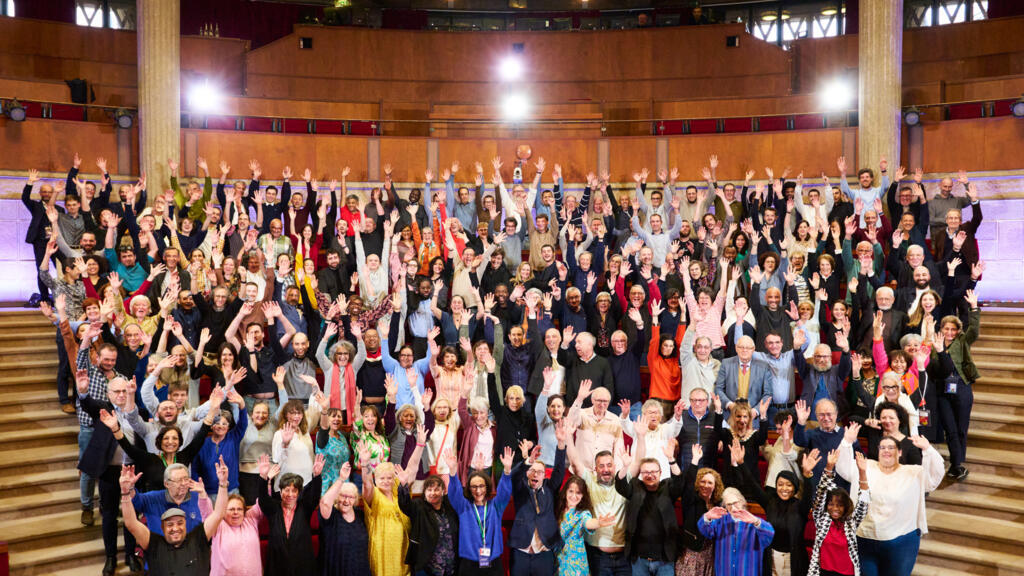French MPs will on Tuesday vote on two landmark bills on palliative care and assisted dying. They’re the result of months of debate shaped by a rare democratic experiment that brought together 184 randomly selected citizens to grapple with one of society’s most intimate and divisive questions: how should we die?
Marc-Olivier Strauss-Kahn was on a high-speed train in November 2022 when his phone rang. The 71-year-old retired economist had no idea he was about to join what he would later describe as “the best social experience of my life”.
The caller invited him to join France’s citizens’ convention on end-of-life care – President Emmanuel Macron’s bid to involve the public in a national conversation about assisted dying.
France’s current 2016 law allows for “deep and continuous sedation” for terminally ill patients, but assisted suicide – where a patient takes a lethal drug themselves – and euthanasia – where a third party administers it – remain illegal.
The convention was asked to answer one question: “Is the way we accompany those approaching the end of life adapted to the different situations which emerge, or do we need to introduce changes?”
Strauss-Kahn was curious to explore a topic that concerns everyone. “We’re all going to die at some stage,” he says.
He was also intrigued by the novel format. “How can you make so many people work together when they don’t know each other and they have so many different backgrounds?”
Read also:
French lawmakers open tense two-week debate on assisted dying
French PM under fire for plans to split controversial assisted dying bill
French citizens group in favour of allowing euthanasia, assisted suicide
